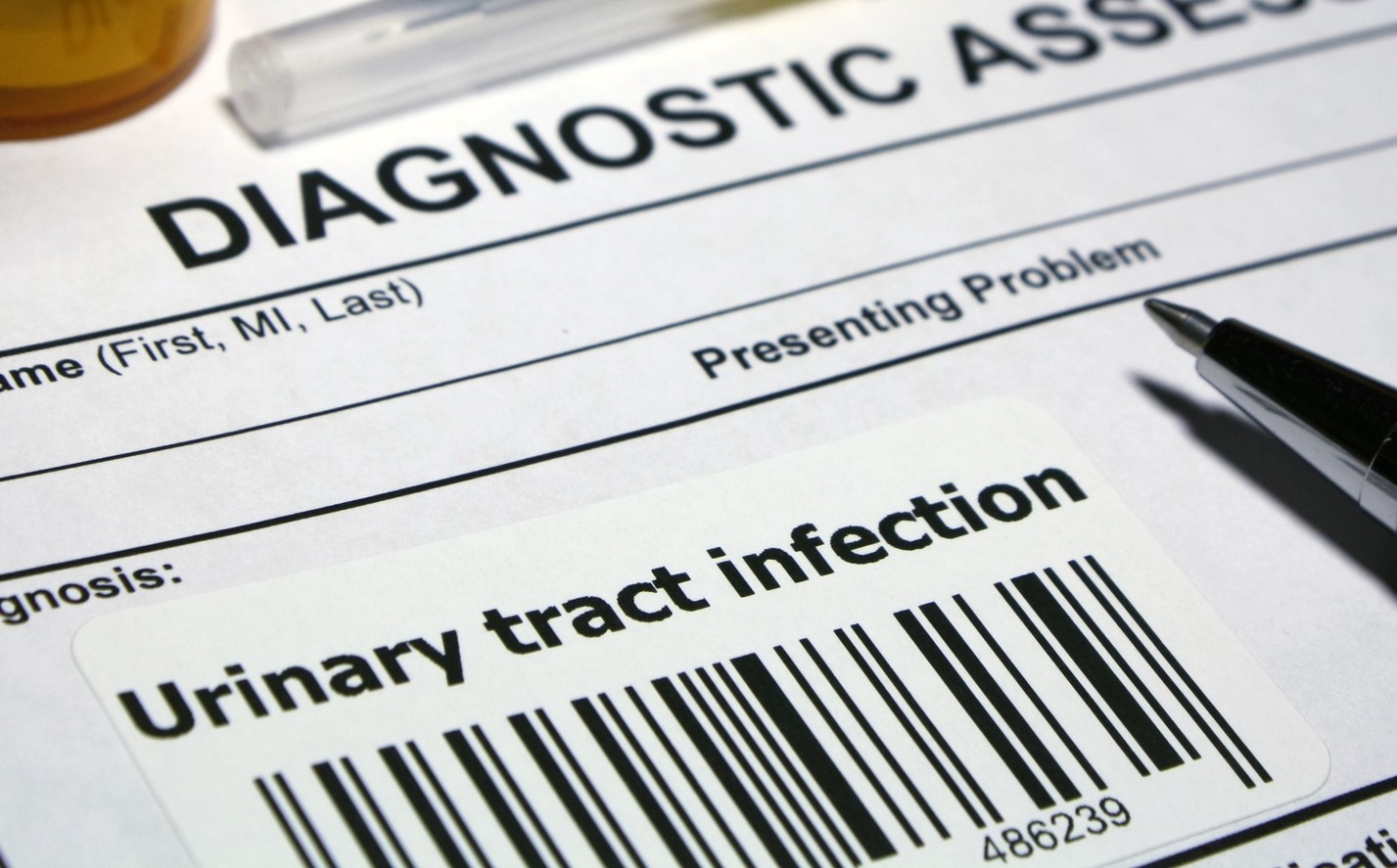
Gotta go, again? Signs, symptoms, treatment, and tips for UTIs
You know that uncomfortable feeling — pain, burning, and frequently or urgently needing to urinate. But when you finally go, very little urine comes out. These are all common symptoms of bladder and urinary tract infections (UTIs). These infections occur when bacteria get into the urinary tract or bladder.
If you have symptoms of a UTI or bladder infection, don’t wait, just walk into your neighborhood CityMD for immediate diagnosis and treatment. If needed, our physicians can also refer you to Summit Health’s specialty team of urologists.
More than half of women will get at least one UTI in their lifetime, but only about one in every 20 men. “The female anatomy makes it easier for bacteria to travel, become unhealthy, and colonize. The urethra or tube that connects the bladder to the opening where the urine comes out is much shorter in women,” explains Andrew Siegel, MD, a urologist at Summit Health. “Luckily, most of these infections are easily treated with a course of antibiotics.”
Read on to learn more about UTIs and bladder infections, including why they occur and things you can do every day to keep these infections at bay. Don’t forget to check out our tip list to keep your bladder healthy.
Common causes of UTIs and bladder infections
For younger women, 18 to 25 years old, common risk factors, include:
- A new sexual partner and frequent sexual intercourse
- Recent sexual intercourse
- Using diaphragms, spermicides, or spermicide-coated condoms which can carry E. Coli bacteria
Women, menopause-age and beyond, are more likely to develop a UTI or bladder infection if they have:
- Low levels of estrogen, which causes a change in vaginal bacteria
- Incomplete bladder emptying
- Excess moisture due to urinary and fecal leakage, which causes bacteria to move toward the urethra
- Poor hygiene
- Obesity
- Pelvic organ prolapse
In men, some additional risk factors include:
- Diabetes
- Being uncircumcised
- Not drinking enough fluids
- Recent urinary tract or kidney surgery
- Engaging in anal intercourse, which can expose the urethra to more bacteria
Symptoms of a UTI
Pain, burning, frequency, and urgency are typical, but there are also a few concerning symptoms you should always discuss with your doctor. If you see any blood in your urine, notice a bad odor, or have recurring infections, tell your provider right away. Further testing may be required to rule out more serious causes.
Diagnosing a UTI
A typical diagnosis begins with a urinalysis, a test that is used to look for bacteria, blood, and other abnormalities in the urine. Your physician will ask you to go to the bathroom and provide some urine that they can examine in a clean specimen cup.
Urine cultures are helpful because they can determine the type of bacteria that is causing the infection. E. Coli is the most common culprit. Once the cause is identified, your doctor can match you with the antibiotic that will be most effective in your treatment.
In men, symptoms can come from other causes including prostatitis, an infection of the prostate gland, a structural condition, and sexually transmitted diseases (STIs).
What if further diagnosis is needed?
In the case of persistent infections or to rule out other structural urinary tract, bladder, or kidney issues, your CityMD provider may think additional tests are needed. They will likely refer you to a urologist. A sonogram, MRI, CT scan with contrast, or a visual scope of the bladder called a cystoscopy, may be used to help evaluate your symptoms.
Tips to prevent UTIs and bladder infections
Dr. Siegel suggests the following ways to help prevent UTIs and bladder infections.
- Stay well hydrated.
- Wipe right from top to bottom.
- Go to the bathroom frequently.
- Urinate after sex.
- Take antibiotics.
- Keep blood sugar in check.
- Use cranberry supplements.
- Take probiotics.
- Use estrogen cream.
- Maintain a healthy weight.
If you are having any new or recurrent urinary symptoms, talk to your PCP, gynecologist, or urologist. Summit Health has a team of specialists that can help evaluate and manage a variety of urinary tract disorders. And if you need immediate care walk into your neighborhood CityMD urgent care for immediate evaluation and treatment. No appointment is needed.

We’re ready to care for you.
Visit any CityMD urgent care location in your community today for an evaluation with one of our expert providers.